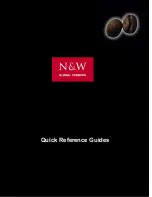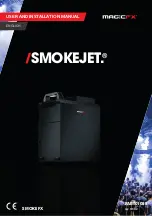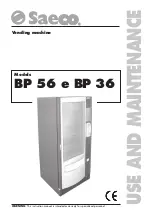
PUNTADA OVERLOCK
Este es el mismo tipo de puntada usada por la industria
de la confección en la fabricación de prendas. Se forma
y acaba la costura en una operación.
Es muy efectiva para el uso en la reparación de bordes
gastados de prendas usadas.
1. Realiza una línea recta de fruncidos a través del tejido
que se desea adornar con nido de abeja.
2. Con una tira estrecha de tejido, directamente debajo
de la línea de fruncido, coser sobre los fruncidos. El
diseño será una serie de diamantes pequeños.
PUNTADA
OVERLOCK ELASTICA
Utlice preferentemente esta puntada antes que el overlock
normal para operaciones en géneros elásticos o de punto,
donde se require fuerza y flexibiidad.
PUNTADA NIDO DE ABEJA
17
19
20
18
17
19
20
18
57
Summary of Contents for HZL-35Z
Page 1: ...INSTRUCTION MANUAL MANUAL DE INSTRUCCION ...
Page 4: ...2 ...
















































